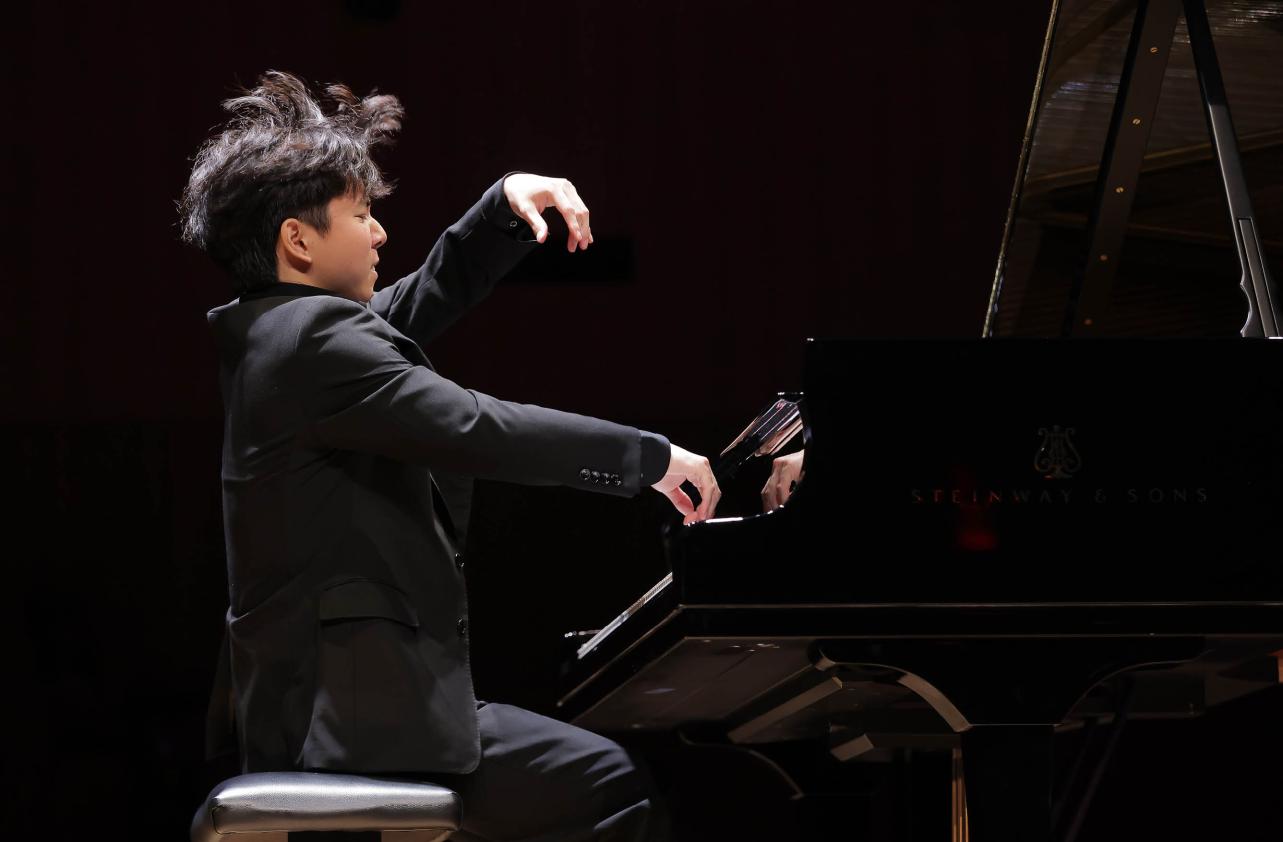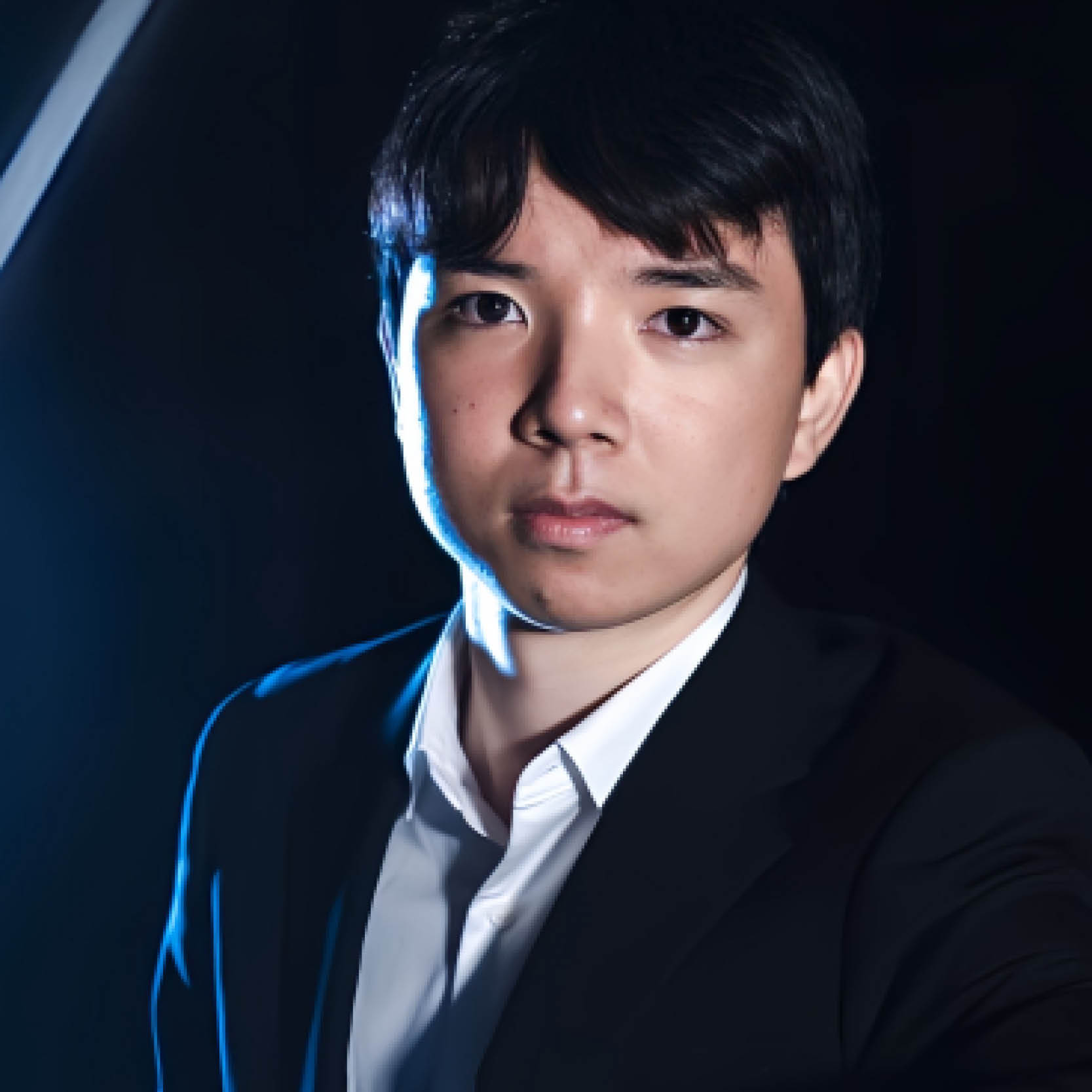About
“I think that our performances reflect our personalities, and I believe that it is important for musicians to experience many things such as human relationships and, most importantly, connecting with other arts and cultures.”
Ryota Yamazaki’s mother listened to classical music every day and dreamt of him becoming a pianist. When he started lessons at age 7, his teacher immediately saw special talent in him and encouraged him to take his practice seriously. He quickly began participating in (and winning) national competitions in Japan, but didn’t realize at that age that being a professional pianist was a possibility. “My life changed when I listened to the recording of Rachmaninov’s Second Piano Concerto performed by Vladimir Ashkenazy and the London Symphony. It is difficult to explain, but the emotive power of that recording was overwhelming, and I began to understand the transformative effects of music, and it was an awakening moment for me.” It was particularly special for Ryota when he performed this piece at 17 with the Cleveland Orchestra in the Finals of the Cooper International Competition; he also took home first prize. After studying with Yuko Ninomiya at the Toho Gakuen School of Music, he moved to the United States where he currently attends the Colburn Conservatory of Music in Los Angeles under Fabio Bidini.
The 2023 Busoni third-prize winner, Ryota has performed with the Bolzano Haydn, Yomiuri Nippon Symphony, Japan Philharmonic, Tokyo City Philharmonic, and Hawaii Symphony Orchestras, and collaborated with the Isidore String Quartet, singers of the LA Opera Young Artist Program, violinist Tessa Lark, and pianist Rob Kapilow for his program “What Makes it Great.” He also believes strongly in the importance of providing free music events in public places. He regularly participates in the Japan Music Summit, through which he’s played at shopping malls, train stations, and on the street. He calls “it a great way to meet and engage with new audience members that might not approach classical music otherwise. By trying new things and creating new audience members, I believe that classical music will continue to thrive and develop into the future.”
Competition Repertoire
Preliminary Round
- BACH–BUSONI Nun komm, der Heiden Heiland, BWV 659
- MOZART Sonata No. 18 in D Major, K. 576
- MONTERO Rachtime
- LISZT Réminiscences de Norma
Quarterfinal Round
- BUSONI Berceuse élégiaque
- LISZT Mephisto Waltz No. 1
- RACHMANINOV Sonata No. 2 in B-flat Minor, op. 36 (1931)
Semifinal Round - Recital
- CHOPIN 12 Etudes, op. 25
- LISZT Sonata in B Minor
Semifinal Round - Mozart Concerto
- MOZART Piano Concerto No. 23 in A Major, K. 488
Final Round - Concerto 1
- BEETHOVEN Piano Concerto No. 4 in G Major, op. 58
Final Round - Concerto 2
- RACHMANINOV Piano Concerto No. 2 in C Minor, op. 18


